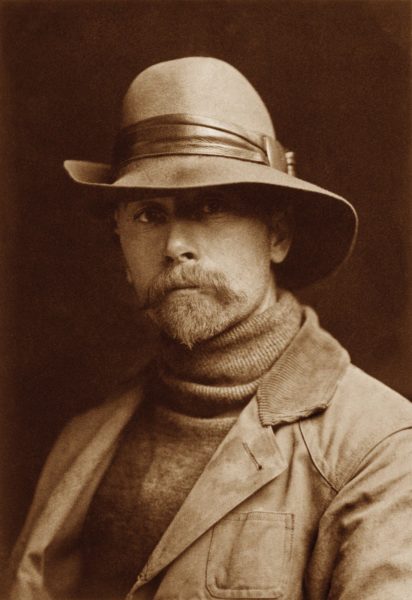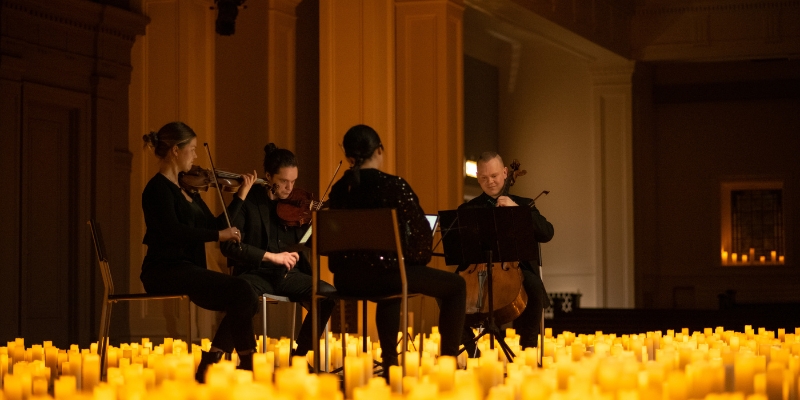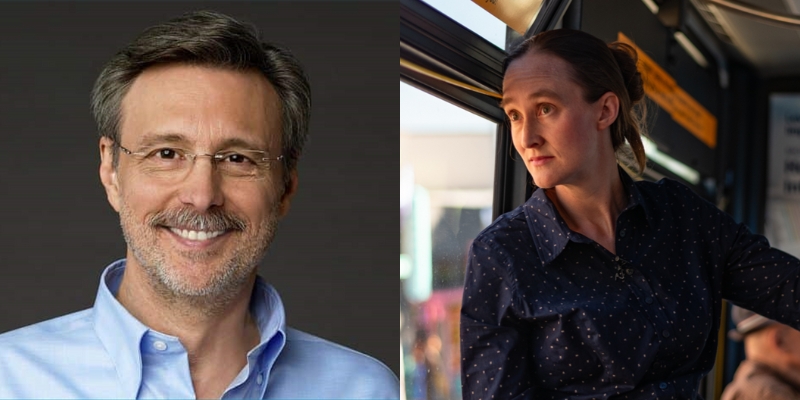Every week the Town Crier blog will look back at Seattle’s near forgotten Town Crier magazine to see what was happening then and talk about what’s happening now. One of the largest sections of the original Town Crier was “What People Are Doing,” highlighting things like, “It was a gay party at the Sunset Club on New Year’s night when two hundred members and guests sat down to dinner amid brilliant holiday decorations,” and, “Miss Betty Brainerd has been ill with influenza at the Waldorf Hotel.” In this new series we’re revisiting the old column and tying it to our community’s current happenings, asking: “what are people doing?”
Today’s entry…
“A portrait of quality and distinction,” the ad reads in the January 4, 1919 edition of the Town Crier, “will always bear the name Curtis.” It continues, jovially, “We heartily solicit your patronage for the New Year.” The name Curtis is a famous one in photography circles.

Edward Curtis
Edward Curtis (1868-1952) was an American photographer and ethnologist who spent much of his career based in Seattle, all the while devoting his life to producing one of the most extensive and expensive photographic projects ever undertaken—The North American Indian. Between 1900 and 1930, Curtis captured the ways of life of over 80 Native cultures, producing over 40,000 glass plate negatives, 10,000 wax cylinder recordings, 4,000 pages of anthropological text, and a feature length film, In the Land of the Head Hunters—the first feature-length film whose cast was composed entirely of Native North Americans.
Town Hall’s Jonathan Shipley wrote about Edward Curtis’s project for Fine Book Magazine some time back. That story can be read here.
The Seattle Art Museum recently exhibited his works in their show “Double Exposure” that featured 150 images by Curtis, alongside immersive experiences from three contemporary artists.
In Pioneer Square, not far from Curtis’ original studio, is Flury & Company who specializes in Curtis’ photographic work and antique American Indian art. The store is open Monday through Saturday.

